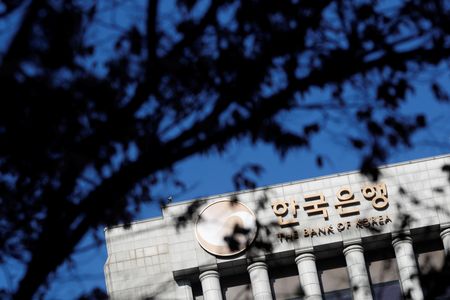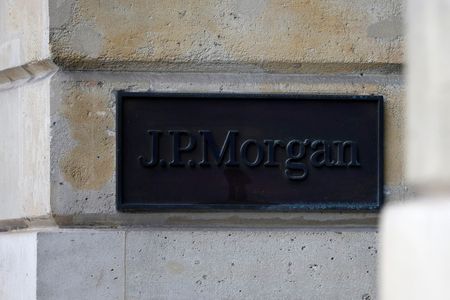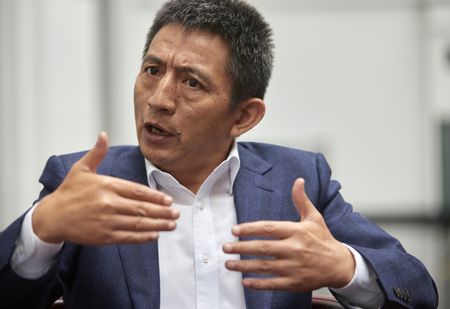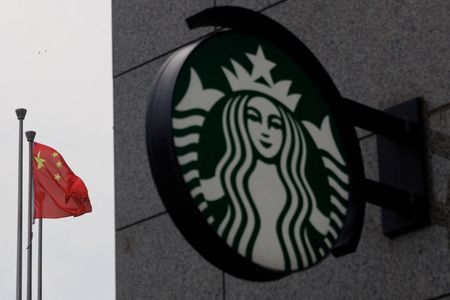SEOUL (Reuters) -A board member of South Korea’s central bank said on Thursday interest rates must be reduced to prop up economic growth, while being mindful of financial stability risks.
“There is a need for additional responses to ease downward pressure on economic growth, as it is improving slightly but still expected to remain below potential,” said Lee Soo-hyung, a member of the Bank of Korea’s seven-seat monetary policy board.
The board should assess the effect of recent housing market policies and the impact of the accommodative monetary policy stance on expectations of home prices as it determines the pace of easing, she added, in a statement released with the BOK’s semiannual monetary policy report.
Last month, the BOK held interest rates steady for a second straight review amid concerns about housing market risks but flagged further easing to counter the hit to growth from U.S. tariffs.
Asia’s fourth-largest economy expanded 0.7% in the second quarter, higher than the central bank’s earlier estimate of 0.6% and the fastest since the first quarter of 2024, thanks to a rebound in consumer spending and robust technology exports.
In its report, the BOK said the effects of a cumulative 100 basis points in interest rate cuts since October 2024 have yet to be fully felt due to economic uncertainty.
The rate cuts will start to raise economic growth from the second half of this year, the BOK said.
On U.S. tariffs, the central bank said the levies’ domestic impact was limited in the first half on front-loading of shipments and firms bearing higher costs but that it would become clearer going forward.
The BOK said the housing market in the capital city was cooling, with household debt growth slowing, but it was too early to assess if it was in a stabilising trend, as risk factors remained.
(Reporting by Jihoon Lee; Editing by Sonali Paul)









